The teenage years are filled with many rites of passage; school social events, prom, first dates, jobs, overnight trips, college searches, taking risks, and more. As parents and caregivers of teens, we hope we have prepared them to navigate these situations and the peer pressure that comes with them and that they will use their best judgement.
However, consider this, it isn’t until the around the age of 25 that “the brain finishes the period of adolescence” (Murdock, 2020). So, chances are, they haven’t quite grasped “best judgment” at this point.
Parents and caregivers can play a huge role in supporting their teens when they are faced with peer pressure in these situations. The key is to be proactive rather than reactive. The American Academy of Child & Adolescent Psychiatry offers the following tips to share with the teens in your lives:
-
-
Stay away from peers who pressure you to do things that seem wrong or dangerous.
-
Learn how to say “no,” and get comfortable with it! Practice how to avoid or get out of situations which feel unsafe or uncomfortable.
-
Spend time with other kids who resist peer pressure. It helps to have at least one friend who is also willing to say “no.”
-
If you have problems with peer pressure, talk to a grown up you trust, like a parent, teacher, or school counselor.
-
If your teen has made a poor choice or succumbed to negative peer pressure, it’s important to remain open and listen to what they are saying. Refrain from getting angry and criticizing them. You don’t want them to shut down. Show them that they can come to you when they are faced with a situation in the future.
-
-
Remind them you care.
-
Assess their understanding of what happened.
-
Ask about their feelings.
-
Be honest.
-
Keep your emotions in check.
-
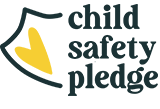
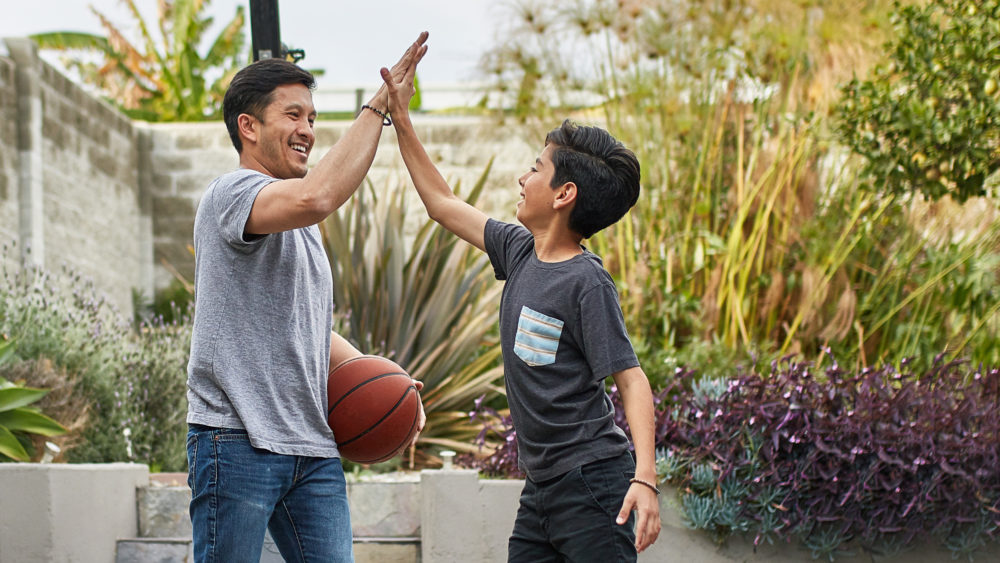




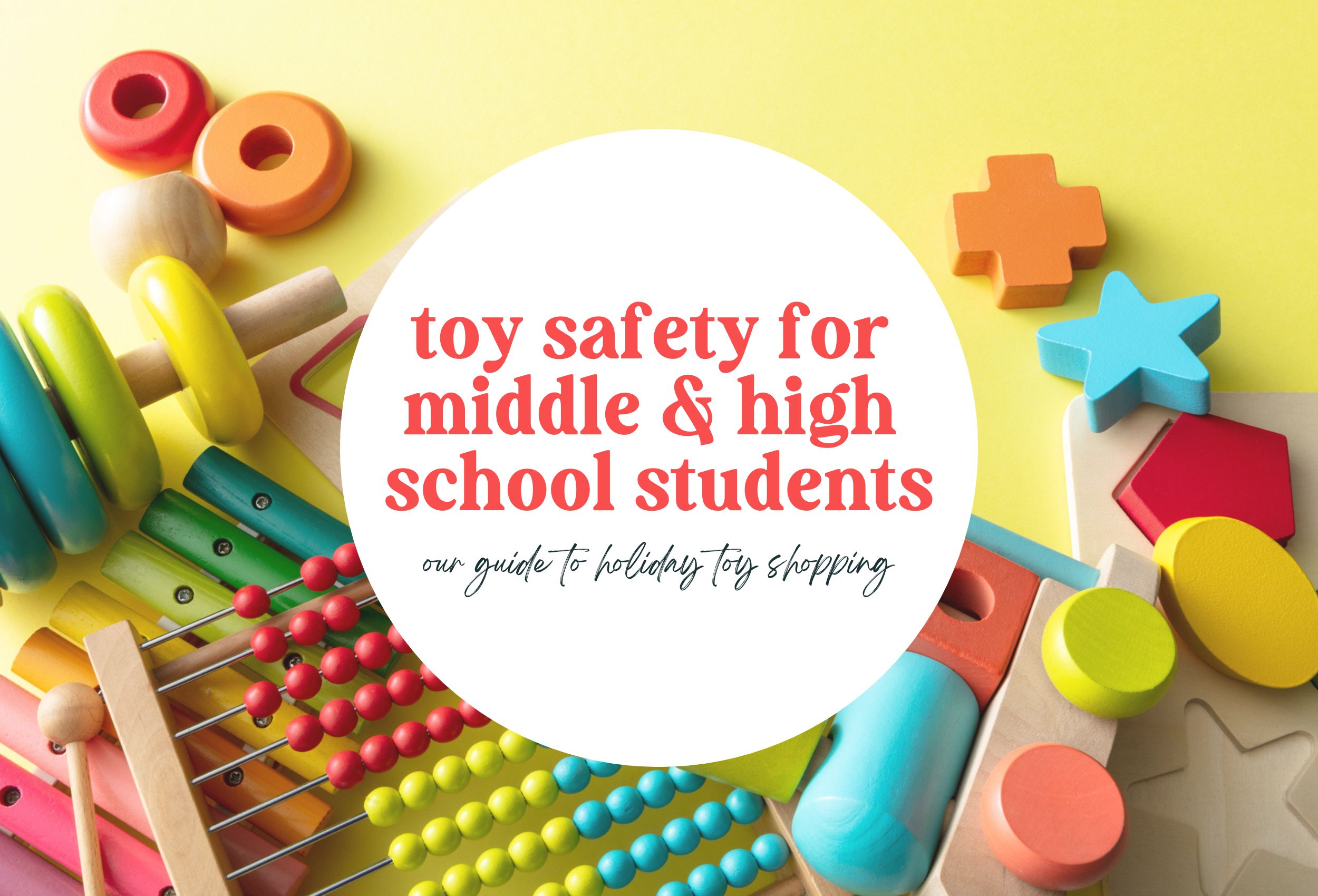


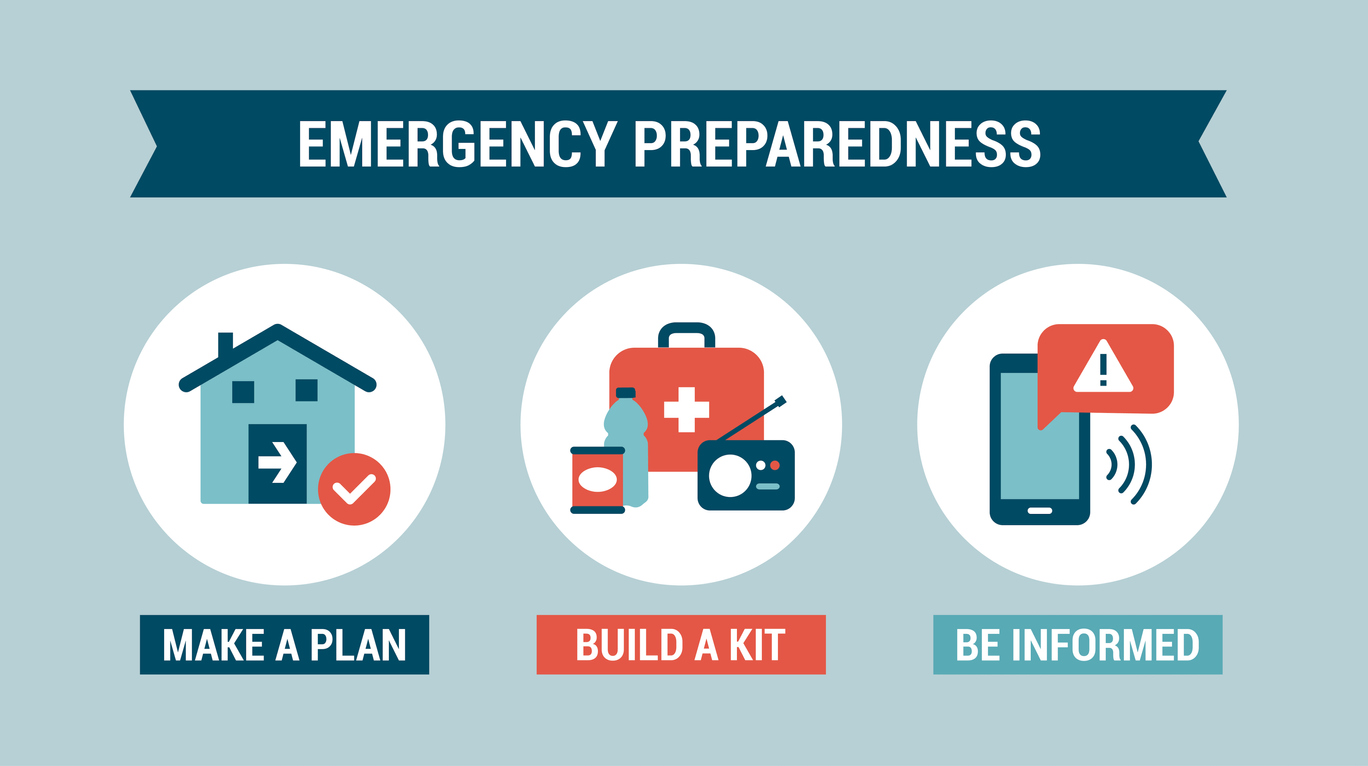
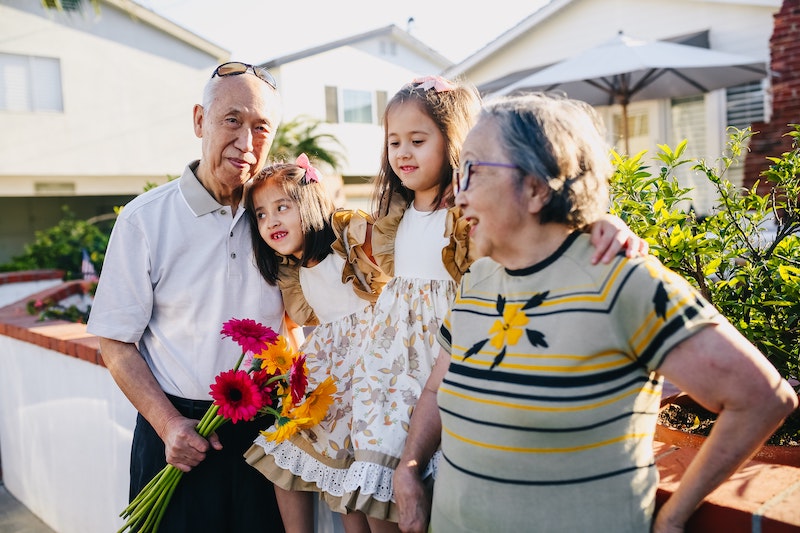

Comments are closed.